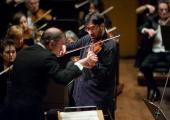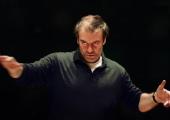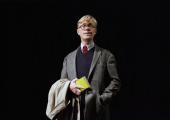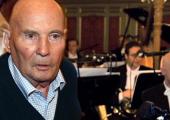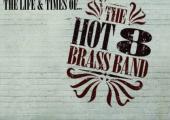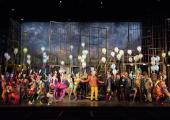Grosvenor, BBC Symphony Orchestra, Litton, Barbican Hall
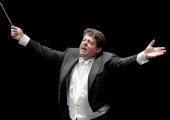
English scores reaching out to the world in a meeting of young talent and old mastery
Elgar declared a “massive hope in the future” as the human programme behind his epic First Symphony’s final exultant sprint. That hope was sprinkled like gold dust around the featured artists of this all-English concert. There are good reasons to be optimistic about the effective, colourful scores of 32-year-old Anna Clyne; we know that Benjamin Grosvenor, her junior by 12 years, is already a pianist of mercurial assurance, a real front-runner.


